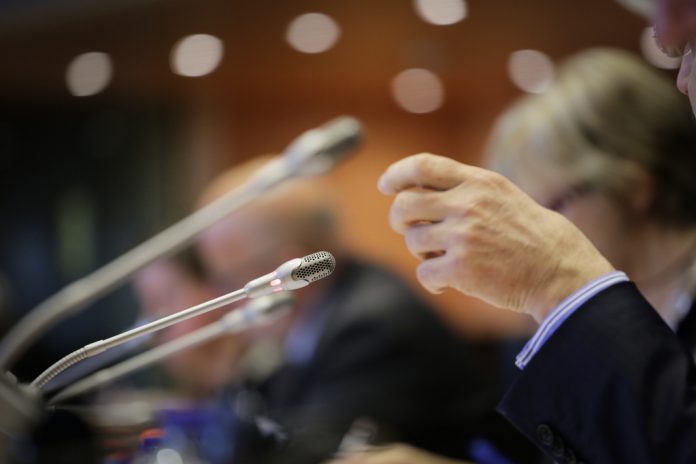Legislative and decision-making procedures in the EU need to be more transparent, participative and future oriented, state Legal Affairs MEPs.
In a draft report adopted on Tuesday evening in the Legal Affairs Committee (21 votes in favour, none against and one abstention), MEPs make a series of recommendations to strengthen EU’s strategy on better law-making and to make EU legislation fit for purpose, proportionate and comprehensive. Transparency and openness are needed to confer greater legitimacy and confidence in the EU democratic legislative process, says the text.
One in, one out approach and the Regulatory Scrutiny Board
The rapporteur Tiemo Wölken said: “We have to avoid additional unnecessary administrative burdens when it comes to designing and implementing EU legislation. However, the “one in, one out” approach should not be translated into deregulation or “no-regulation”. Our long-term aim when making new laws should be above all to make Europe more sustainable.
“We have to ensure therefore that social and environmental achievements in the Union are not compromised under the guise of reducing bureaucracy. For this reason we call on the Commission to make its “one in, one out” calculator public and not use it before obtaining the support of the other EU institutions.”
“Another area of strong concern is the severe lack of transparency of the Regulatory Scrutiny Board. Not only do we need to make the transparency register mandatory for members of the board, but we also need to significantly increase transparency when it comes to meetings with stakeholders, reviews, recommendations and opinions”, he added.
Sustainability
MEPs call for legislation to be backed up by transparent and evidence-based impact assessments, which takes into account all sustainable development aspects. Any proposed measures or legislation needs to be consistent with EU’s Climate Law objectives, reminds the text. The Commission should take a more integrated approach to sustainability that considers the interplay between economic, social, and environmental impacts of EU policies, including adopting a “sustainability first” approach.
Digitalisation
MEPs agree with the promotion of a “digital by default” principle in future proposals and the benefits arising from technologies like AI to make legislation more citizen-friendly and to help reduce administrative burdens. They want the Commission to apply however regulatory sandboxes (concrete frameworks which enable testing of innovative technologies in a real world environment) to legislation related to digital transformation on a case-by-case basis, taking into account EU added value and proportionality.
Transparency and citizens’ participation
MEPs stress that all Europeans must be able to follow the EU legislative procedure easily, thus call for all related documents to be available in all EU official languages as soon as possible. The draft report also urges setting up a single, transparent website where citizens can follow the entire legislative process and find related documents from the EU institutions.
The text also highlights the unparalleled initiative of citizens’ direct engagement through the Conference on the Future of Europe and calls for exploring more practices to increase citizen’s participation in EU policy making.
You can read the detailed recommendations in JURI’s draft report on Better law-making here.
On 29 April, the EU Commission presented a communication on Better regulation, which proposes improvements to the EU law-making process. The actions include simplifying public consultations, introducing a “one in, one out” approach, mainstreaming the UN Sustainable Development Goals, supporting the Green and Digital transition and integrating strategic foresight into policymaking.

